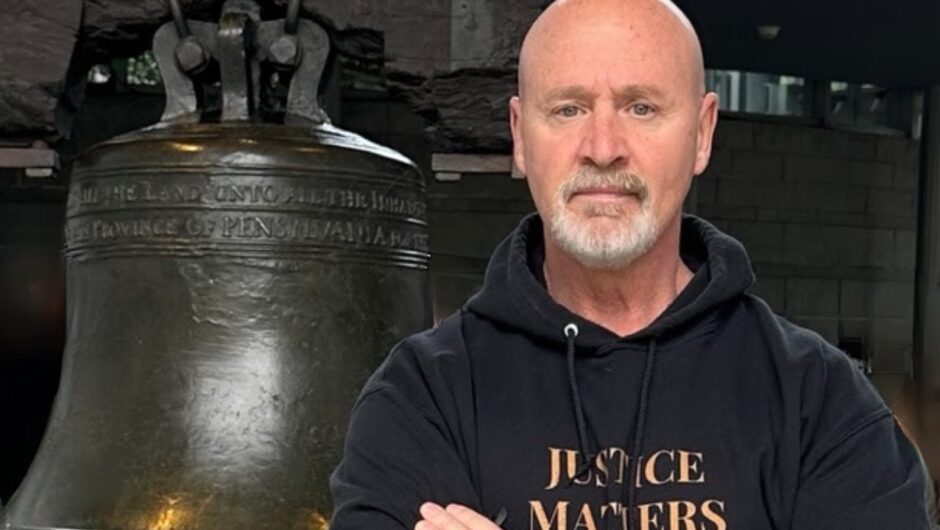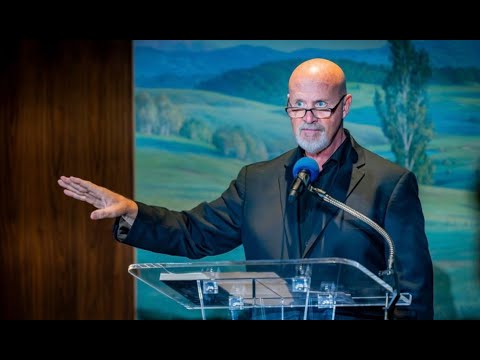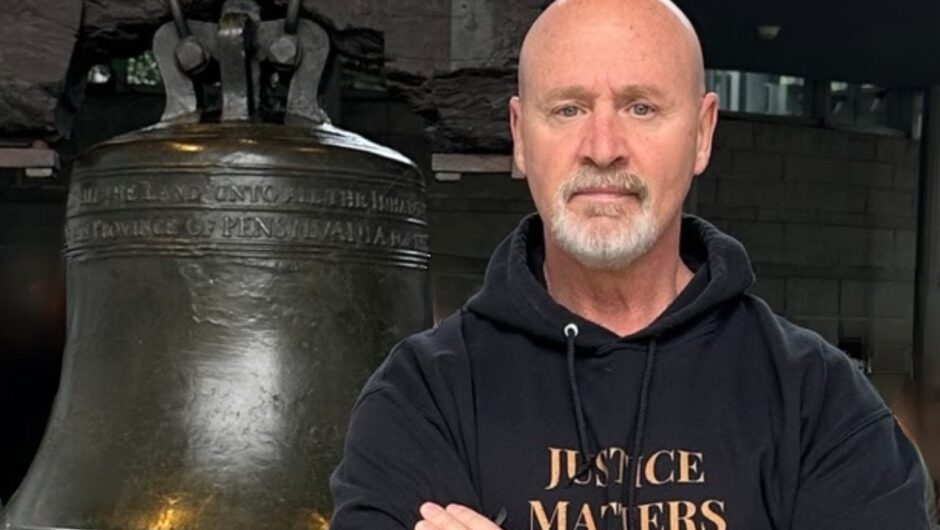news, environment,
Most Australians across the political divide want action on the climate crisis, but a legacy of “toxic politics” is at odds with the social shift of the past decade, researchers say. The authors of new research into how climate policy factored into voter’s decision in the 2019 federal election found more than 80 per cent of people viewed reducing Australia’s emissions as important. More than 85 per cent expected renewable energy to contribute at least half of Australia’s future electricity supply. The Australian National University survey of 2033 people also found there was a sharp divide between progressive and conservative voters. Three quarters of Labor and Greens voters said emissions reduction was extremely important, while one quarter of Nationals and Liberals voters agreed. Author Rebecca Colvin said all signs pointed to support for climate action to grow into the future. The research found in the next decade, up to 56 per cent of the population would consider greenhouse gas emissions reduction extremely important, a 4 per cent increase. “If young people keep entering the pool of voters with strong pro climate action attitudes, it’s just going to increase the level of urgency,” she said. She said there had been a significant social shift in Australia in the past decade towards climate action and away from a “culture of conflict” around climate policy. “We’ve got this difficult legacy of policy that’s been implemented and then reversed, of toxic politics on climate change,” Dr Colvin said. “That’s quite at odds with what we’re getting from public opinion data now. Across the political spectrum, there is broad support for action on climate change in Australia.” The survey found 70 per cent of conservative voters believed emissions reduction was important. Dr Colvin said that suggested the polarisation of the climate crisis, and policies to tackle it, were closing. The survey found while more than half of respondents placed climate change as important when deciding who to vote for, it was the most important issue for just 13 per cent. Dr Colvin said while most Australians supported climate action, that didn’t necessarily reflect in how they voted. The 2019 election was tipped to be won or lost on climate policy. But Dr Colvin said the return of the Coalition government and survey results proved that wasn’t how it worked. The authors warned elections won by a party without ambitious climate policies, particularly after it had been labelled key to success, could be a “warrant” to ignore the demand for action. Our journalists work hard to provide local, up-to-date news to the community. This is how you can continue to access our trusted content:
/images/transform/v1/crop/frm/YSE9Nkng6wVvRADAVf7nRi/a45a968d-2329-4333-895c-532f95457e28.jpg/r0_333_4752_3018_w1200_h678_fmax.jpg
Most Australians across the political divide want action on the climate crisis, but a legacy of “toxic politics” is at odds with the social shift of the past decade, researchers say.
The authors of new research into how climate policy factored into voter’s decision in the 2019 federal election found more than 80 per cent of people viewed reducing Australia’s emissions as important.
More than 85 per cent expected renewable energy to contribute at least half of Australia’s future electricity supply.
The Australian National University survey of 2033 people also found there was a sharp divide between progressive and conservative voters.
Three quarters of Labor and Greens voters said emissions reduction was extremely important, while one quarter of Nationals and Liberals voters agreed.
Author Rebecca Colvin said all signs pointed to support for climate action to grow into the future.
The research found in the next decade, up to 56 per cent of the population would consider greenhouse gas emissions reduction extremely important, a 4 per cent increase.
“If young people keep entering the pool of voters with strong pro climate action attitudes, it’s just going to increase the level of urgency,” she said.
She said there had been a significant social shift in Australia in the past decade towards climate action and away from a “culture of conflict” around climate policy.
“We’ve got this difficult legacy of policy that’s been implemented and then reversed, of toxic politics on climate change,” Dr Colvin said.
“That’s quite at odds with what we’re getting from public opinion data now. Across the political spectrum, there is broad support for action on climate change in Australia.”
The survey found 70 per cent of conservative voters believed emissions reduction was important.
Dr Colvin said that suggested the polarisation of the climate crisis, and policies to tackle it, were closing.
The survey found while more than half of respondents placed climate change as important when deciding who to vote for, it was the most important issue for just 13 per cent.
Dr Colvin said while most Australians supported climate action, that didn’t necessarily reflect in how they voted.
The 2019 election was tipped to be won or lost on climate policy. But Dr Colvin said the return of the Coalition government and survey results proved that wasn’t how it worked.
The authors warned elections won by a party without ambitious climate policies, particularly after it had been labelled key to success, could be a “warrant” to ignore the demand for action.
Our journalists work hard to provide local, up-to-date news to the community. This is how you can continue to access our trusted content:






